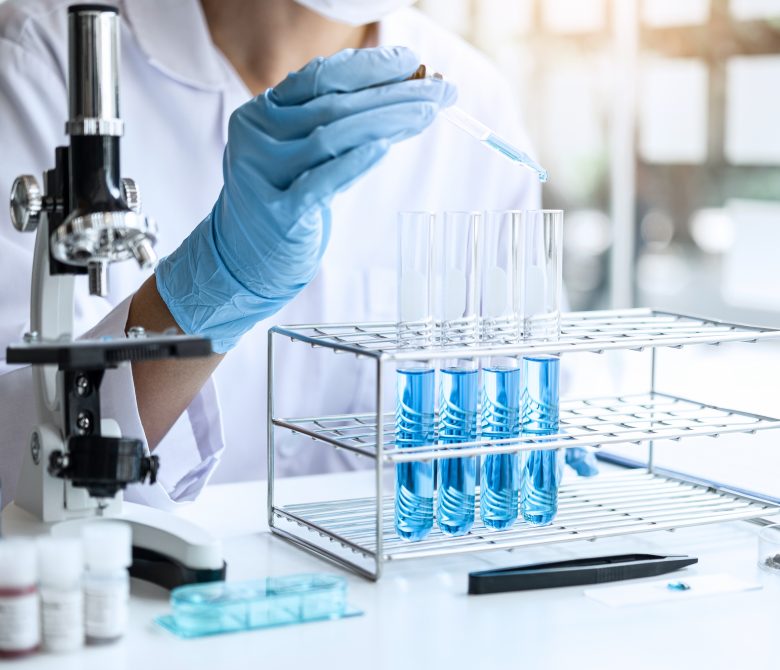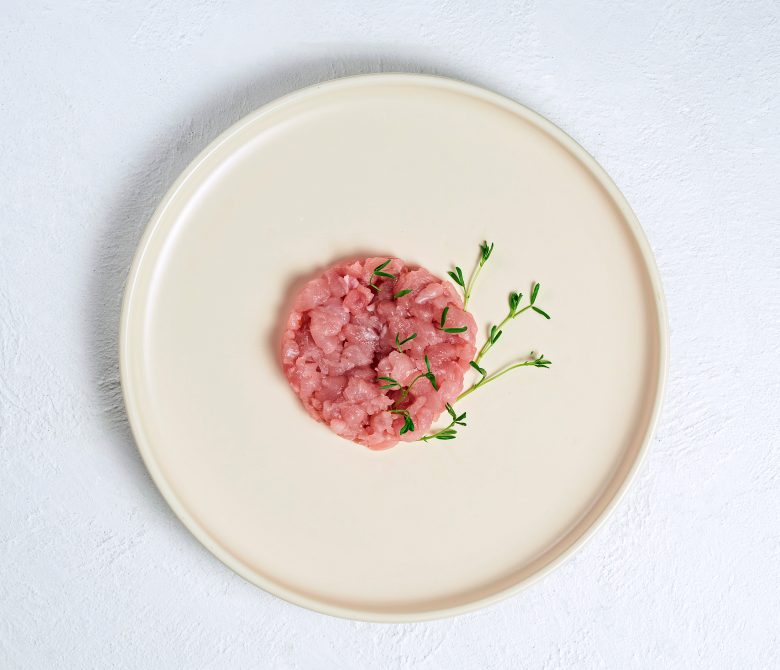

A wide portfolio of recombinant proteins, including human growth factors and cytokines, structural proteins, enzymes, etc. supported by twenty years of experience in the field.

Cost-effective
Human cell culture conditions are more complex and the costs of fermentation are much higher than for any other recombinant system. They have low growth rates, are difficult to scale up and require long development times. Plants are inexpensive to produce and easy to scale up by simply growing more.

Endotoxin-free
Careful purification of the target proteins is mandatory working with E.coli since even trace amounts of bacterial lipopolysaccharides could act as immunogens and must be avoided. Plant made proteins have naturally low pyrogenic and pro-inflammatory activity, normally 10-3 endotoxins E.coli’s has.

Biological activity
E. coli does not perform the often-required posttranslational modification of proteins, which could be necessary for the function, stability, and antigenicity. Proteolytic cleavage of pre-proteins, correct disulfide linkage, and glycosylation does not take place in E. coli and often proteins accumulate in the form of inclusion bodies, which makes costly and tedious in-vitro reconstitution mandatory. Plants, having eukaryotic cells, are able to produce complex human recombinant proteins almost the same way mammalian cell cultures do.

Animal free / Serum free
Traditionally, human cells are grown in medium supplemented with serum and other animal-or human-derived components to support viability and productivity. The use of cells, tissues or products of human or animal origin represents a potential risk of transmission of different pathologies and/or vi ral diseases. Plant made proteins do not harbor human pathogens and their derivatives can be considered animal free and botanicals.



